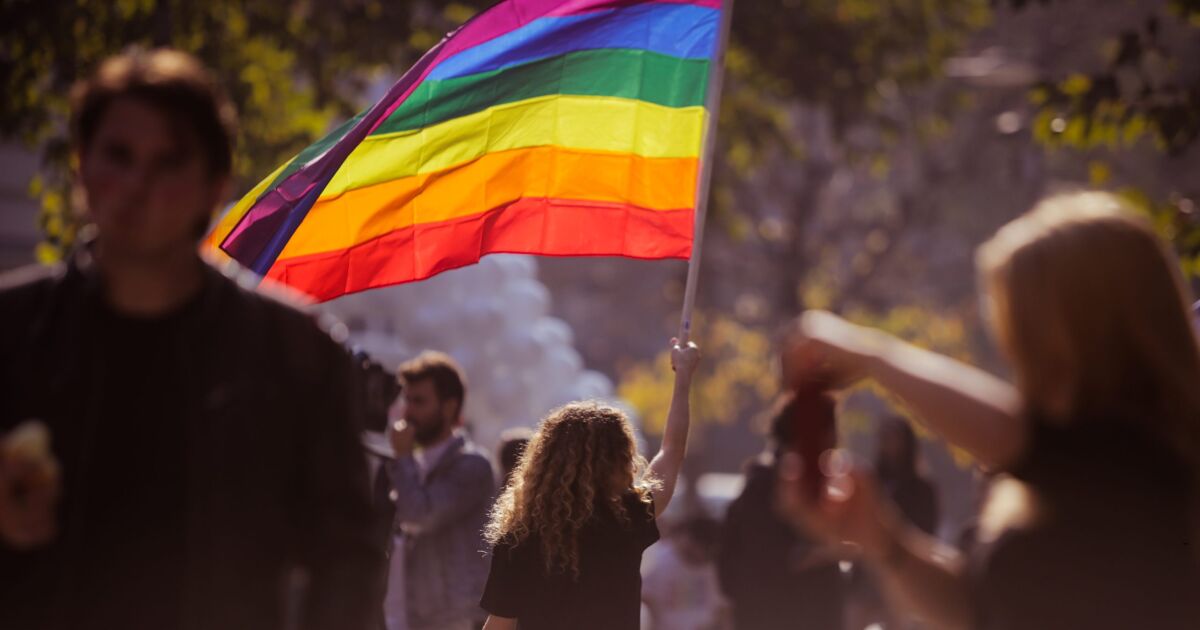
A new poll of people’s attitudes towards the LGBTQ+ community in 26 foreign countries finds disparate opinions on a range of rights, and a general trend away from support over the last four years, particularly among young men.
The data comes as LGBTQ+ people face increasing hostility from governments around the world as well as from a web of right-wing organizations and online.
Related
Trans rights reach all-time low in Asia & Europe for first time in 13 years
Anti-democratic U.S. forces like The Heritage Foundation are partly to blame.
The results from the new global Ipsos Pride Survey 2025 track with recent announcements by Transgender Europe (TGEU) and the International Lesbian, Gay, Bisexual, Trans, and Intersex Association (ILGA) showing a rollback in LGBTQ+ rights in Europe and Central Asia.
Never Miss a Beat
Subscribe to our newsletter to stay ahead of the latest LGBTQ+ political news and insights.
Subscribe to our Newsletter today
Setbacks in attitudes about LGBTQ+ rights are mingled with progress in some areas, the Ipsos poll revealed.
While down slightly from previous years, close to three in four respondents in the 23 countries surveyed agree that people who identify as LGBTQ+ should be protected from discrimination in employment, housing, and access to businesses like restaurants and stores.
Support for marriage equality still enjoys solid acceptance in most countries, although it’s dropped five points overall from four years ago, from 74% in 2021 to 69% today. Peru saw the most dramatic dip, to 48% (down 20 points versus 2021), while France saw the biggest uptick (up five points to 67%).
The biggest drops in support came with questions about trans rights and businesses actively supporting the LGBTQ+ community. These two issues have become central in governments’ and allied far-right and Christian organizations’ broader attacks on LGBTQ+ people.
Those attacks include U.S. President Donald Trump’s executive orders on “gender ideology,” Hungary’s laws banning “gay propaganda” and Pride celebrations, Italy’s rollback of adoption rights for LGBTQ+ people, and online campaigns by rightwing organizations promoting boycotts of companies publicly supportive of Pride.
Together, they indicate the backlash against progress for the LGBTQ+ community is a phenomenon echoing around the world, throughout the halls of government and online forums.
In one question about gender markers on government-issued documents, support for an non-binary gender marker option (other than “male” and “female”) has dropped 6 points in just two years on average. This drop has coincided with trans people coming under attack for unrelated issues like gender-affirming care, competing in girls’ and women’s sports, and using restrooms aligned with their gender.
In the U.S., support for an “X” or similar gender marker on documents like passports is just 38%, lower than Hungary’s, at 41%. Just 33% of respondents in Poland, where a new right-wing prime minister is ascendant, support the idea.
On the issue of companies that publicly support Pride initiatives, the split underlying almost all the survey’s results seemed most prevalent.
Among Gen Z women and men, 53% of young women support companies with pro-LGBTQ+ initiatives, while just 29% of young men do.
A similar split held for support of discrimination laws (59% versus 43%), more LGBTQ+ characters in TV shows, films, and advertising (49% versus 26%), queer public displays of affection (52% versus 31%), and even on LGBTQ+ people being [ublicly out (59% versus 38%).
That split could indicate the effect of the online “manosphere” on young men’s attitudes, as its stars promote hyper-masculinity in the face of what they characterize as the left’s “weak and gay” agenda worldwide. Their rise has occurred as tech companies drop prohibitions on the hate speech that “manosphere” influencers use to spread their regressive ideology.
Subscribe to the LGBTQ Nation newsletter and be the first to know about the latest headlines shaping LGBTQ+ communities worldwide.